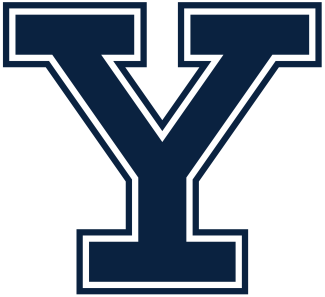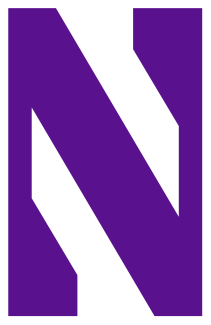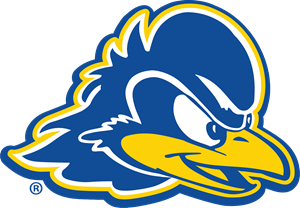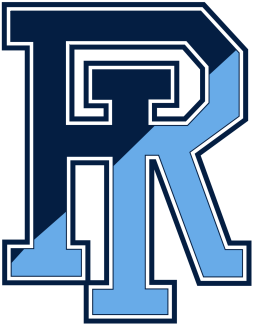The bubbly had barely dried when Jenny Levy visited USA Lacrosse headquarters to interview for the position as head coach of the U.S. women’s national team in September 2017.
Less than two months earlier, the U.S. capped a historic 26-day tour of Europe with a win over Canada in the inaugural lacrosse competition in The World Games — a multi-sport Olympic-style event in Wroclaw, Poland, that came after the quadrennial women’s lacrosse world championship in Guildford, England. The Americans came home with two gold medals, but to little fanfare.
The muted reception reminded Levy of the story of the 1991 U.S. women’s soccer team, which after winning the inaugural FIFA Women’s World Cup in China returned stateside to a mostly empty JFK Airport in New York. A few observers gave the players roses. No one else knew who they were.
Eight years later, the 1999 U.S. women’s soccer team — the 99ers, as they became known — repeated the feat in front of 90,195 fans at the Rose Bowl in Pasadena, California. An estimated 40 million TV viewers worldwide watched Brandi Chastain rip off her jersey after scoring the game-winning penalty kick against her adversary Sue Wen. The U.S. defeated China in a 5-4 shootout and elevated all women’s sports, not just soccer, with its global appeal and marketability.
Levy draws a distinct parallel between the 99ers and the 18 women who will compete for the U.S. in the 2022 World Lacrosse Women’s World Championship June 29-July 9 in Towson, Maryland. She’s kind of an insider. Her husband, Dan, represents women’s soccer icons Mia Hamm, Abby Wambach, Megan Rapinoe and Alex Morgan as the head of Olympics and women’s sports for Wasserman Media Group. Anson Dorrance, now Levy’s colleague at the University of North Carolina, coached the U.S. soccer team from 1986-94.
“The 1999 U.S. women’s soccer team should be our inspiration,” Levy wrote in her application. “They pioneered the soccer movement into what it is today.”
Weeks later, she presented her vision to USA Lacrosse leadership in a one-page infographic. Beneath a pyramid that peaked with Olympic rings — the IOC and world were watching, she emphasized — were five pillars:
As a player, Levy trained with the U.S. team in the early 1990s. A Baltimore native who starred at Virginia, she recalled rolling up to Germantown Academy in Philadelphia, bunking with friends nearby, sleeping on the floor and eating Wawa for lunch. Every player paid her own way and participated in fundraising for the team.
“I couldn’t believe we were still doing that,” Levy said of when years later she noticed her North Carolina players soliciting donations and selling t-shirts as part of their U.S. team obligations. “We did that when I played.”
Levy still refers to that infographic on occasion. The women’s lacrosse landscape has changed drastically since she got the job. With the advent of the shot clock and a pro league, social media platforms cultivated by the game’s top players like Taylor Cummings and Kylie Ohlmiller, unprecedented TV exposure and the emergence of a generational talent in Charlotte North, the movement has already begun.
“If you want to use any word for me, it’s ambitious. And fearless,” Levy said. “Not because I think I’m a badass, but because I’m not afraid to fail. I’m not afraid to push the needle. I know it doesn’t always make people happy. But I do think in the 2020s, we need to be at a different place than we were in the 1990s.”
Levy pressed USA Lacrosse for more training and engagement opportunities and a fully funded program. She supported the creation of the National Team Development Program and brought on a sports psychologist to work with the team this year. Several college players in the U.S. pipeline now have name, image and likeness endorsements.
“Ambition has served us well,” Levy said. “We are at a different place.”


























































